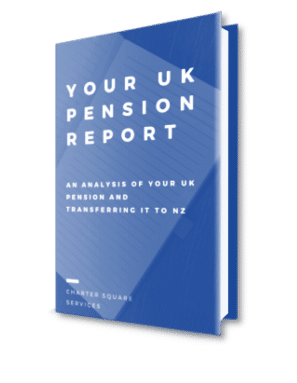Malta’s popularity as a destination for UK pension transfers has been sharply undercut. As of 30 October 2024, the UK government officially removed the EEA exemption from the 25% Overseas Transfer Charge (OTC). Now, transfers to Maltese QROPS are taxed unless the individual is resident in Malta
Once a hub for tax-efficient pension transfers from across Europe, Malta now faces a major turning point-prompting local providers to potentially shift their focus toward protecting existing schemes.
A Sudden End to a Key Advantage
Until recently, UK pension holders living in EEA countries could transfer their pensions to Maltese QROPS without triggering the 25% Overseas Transfer Charge (OTC)-a central factor in Malta’s rise as a QROPS hub, thanks to its double tax treaty network and English-speaking regulation.
With the exemption now removed, most new transfers face a 25% tax, eliminating Malta’s main appeal for these pension transfers.
It’s Not The First Time Malta’s been in the firing line
The IRS investigated U.S. taxpayers using Maltese pension schemes to avoid taxes by transferring appreciated assets into personal retirement plans and claiming tax-free distributions under the U.S.-Malta Tax Treaty. In 2021, the U.S. and Malta clarified that such schemes don’t qualify for treaty benefits, and the IRS designated them as abusive listed transactions, triggering audits, potential penalties, and criminal probes.
The EU has criticised Malta for offering tax breaks and citizenship schemes to wealthy foreigners, viewing them as facilitating tax avoidance and undermining EU law. In response to mounting pressure, Malta has begun scaling back some programs, including suspending its golden passport scheme for certain nationalities.
Protection Mode Is Coming
With the end of untaxed UK pension inflows, Maltese QROPS trustees are likely to shift focus from attracting new assets to retaining existing ones, which could create challenges for current members. Expect to see:
- Increased delays and obstacles for those seeking to transfer out
- Stricter controls on accessing benefits
- Possible legislative changes to limit capital leaving the jurisdiction
This scenario is not without precedent. When similar regulatory changes hit the Channel Islands, many QROPS members found themselves effectively trapped, facing significant barriers to moving or accessing their pension funds.
Could Malta Turn to Tax Reclamation?
Malta has long relied on its double tax treaties to attract QROPS business. However with fewer new funds entering the system, it may now seek to recover tax revenue from the pension benefits already held in its schemes. Changes to treaty interpretations, or even domestic rules, could be used to ensure Malta sees ongoing taxation of these pensions.
Again, such measures wouldn’t be without precedent. Jurisdictions under fiscal pressure often tighten control on existing revenue streams, particularly when that capital is immobile and held under trustee control.
A Disproportionate Industry, Under Threat
With only 15,000 British expats in the country, Malta’s QROPS industry has long been disproportionate in scale—relying not on local residency, but on its EEA status and legislative alignment.
In contrast, countries like Australia and New Zealand, home to far larger UK expat populations, have long faced restrictions and tighter integration with local pension rules, despite this both Australia and in particular New Zealand are attractive alternatives.
With the removal of the EEA exemption, Malta’s role as a global pension hub faces significant structural and economic challenges – prompting the industry to quickly shift its focus toward protecting existing business.
Get Your Pension Out While You Still Can
For those already in a Maltese QROPS, the landscape has changed. The factors that once made Malta attractive no longer apply and providers are likely to tighten transfer-out policies and introduce new barriers. Trustees may become increasingly reluctant to release capital as their business model is challenged.
Act now to explore your options-delaying could result in being locked in, as happened in the Channel Islands.
Malta built its QROPS industry by design, it may now defend it the same way.
Contact us for an expert obligation free consultation about your options



